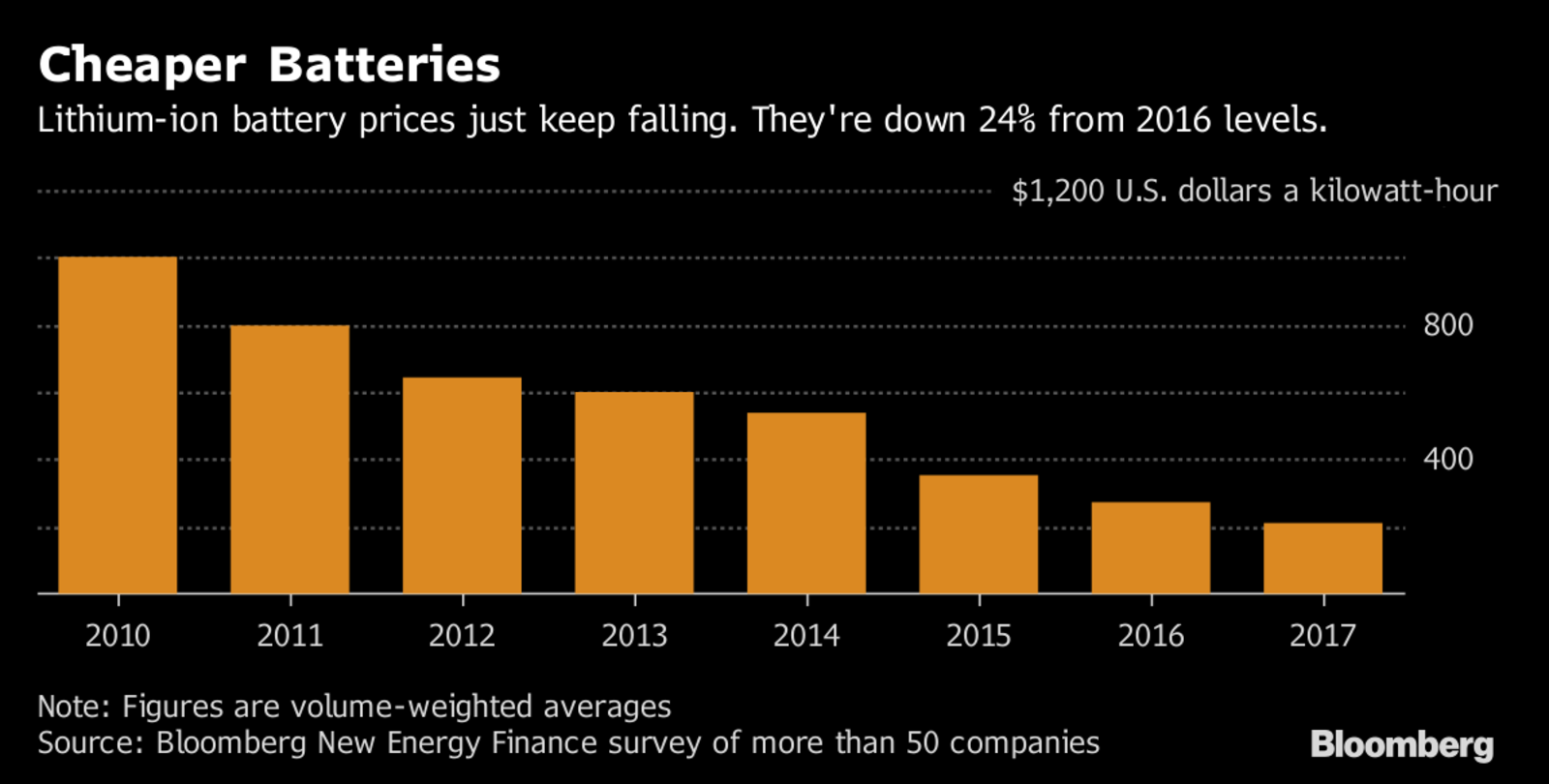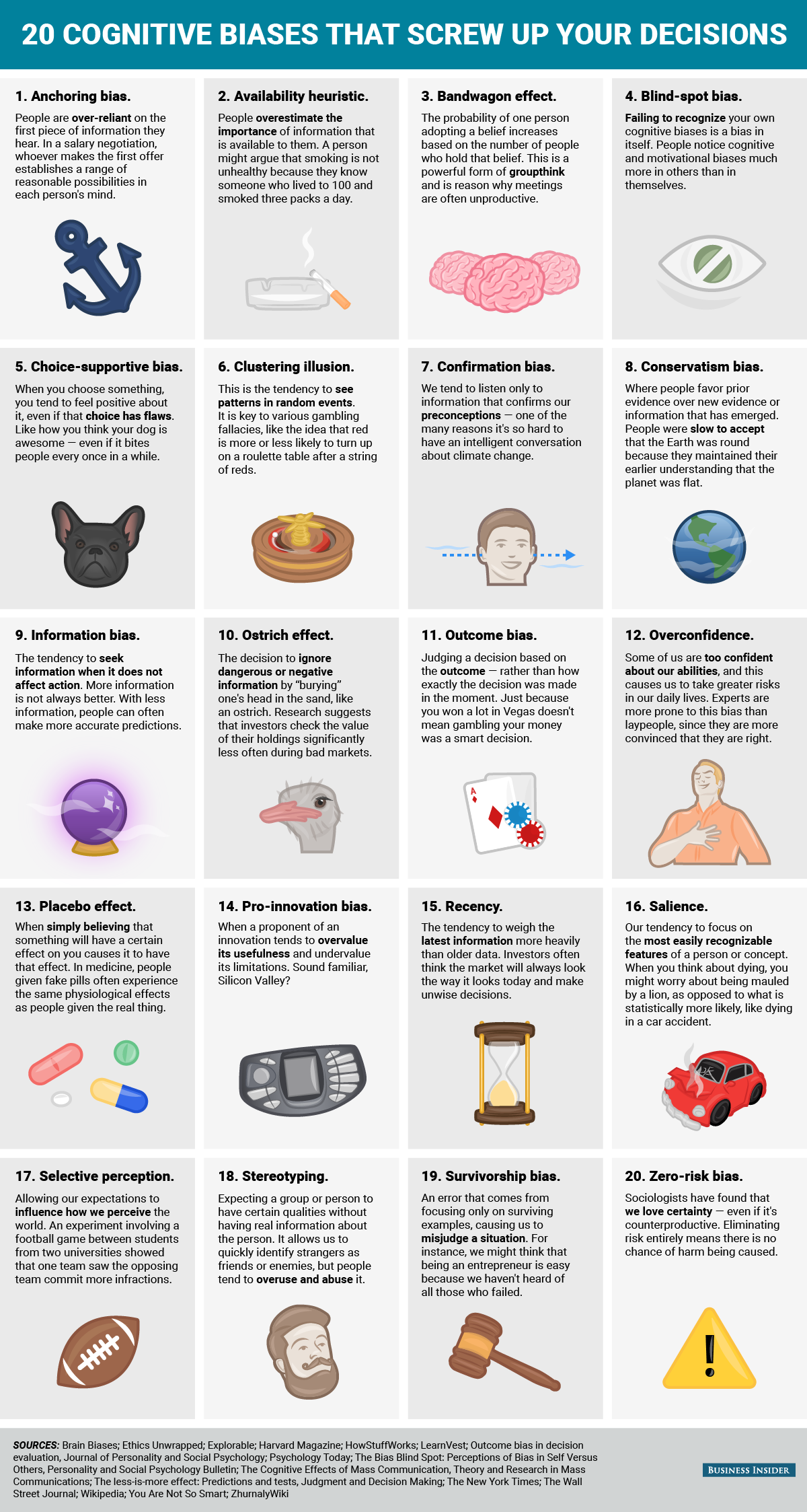
Chart of the Day



” Balance Sheets are like a bikinis: What they reveal is suggestive, but what they conceal is vital.”

“Don’t be a hero. Don’t have an ego.”
“Don’t ever average losers.”
“Decrease your trading volume when you are trading poorly.”
“I’m always thinking about losing money as opposed to making money.”
“A trader who has a good chance of success has the following attributes: (1) is properly capitalized; (2) treats trading like a business; (3) has a low tolerance of risk; (4) trades only when the market provides an opportunity; (5) can control emotions; (6) has a trading plan; (7) has a risk management plan; (8.) is incredibly disciplined; (9) is focused; and (10) has backtested his trading methodology.”
“A trader who has a good chance of failure has any of the following attributes: (1) is undercapitalized; (2) lacks discipline; (3) overtrades; (4) does not understand the markets; (5) rushes into trades; (6) chases the market; (7) is afraid of missing a move; (8.) is stubborn and marries a position or idea; (9) misinterprets news; (10) is always looking for home runs; (11) lets losers get too big; (12) takes winners prematurely; (13) takes trading too lightly; (14) takes large risks; and (15) has little control of his emotions.”


*Everyone has a stop-loss level: For some, it’s a price; for others, it’s a pain threshold.
* It’s not stress and emotion that get in the way of trading; it’s the stress and emotion that results when trading becomes personal: about you, rather than about supply and demand.
* The measure of a trader is how hard he or she works when markets are closed.
* Much bad trading is hormonal: too much testosterone, too little.
* When traders don’t track their results, it’s because they don’t want to know them.
* The best traders have a passion for markets; the worst have a passion for trading. (more…)
 Seventy one years ago, on Thursday, November 28, 1940, Jesse Lauriston Livermore, entered the Sherry Netherland Hotel where he took a seat near the bar and enjoyed a couple of old-fashioned. After an hour Jesse Livermore got up and went in the cloakroom, seated himself on a stool, and then shot himself in the head with a .32 Colt automatic. How could the man who is still regarded by many as the greatest trader who ever lived go out this way by taking his own life? It just doesn’t match the rest of his life.
Seventy one years ago, on Thursday, November 28, 1940, Jesse Lauriston Livermore, entered the Sherry Netherland Hotel where he took a seat near the bar and enjoyed a couple of old-fashioned. After an hour Jesse Livermore got up and went in the cloakroom, seated himself on a stool, and then shot himself in the head with a .32 Colt automatic. How could the man who is still regarded by many as the greatest trader who ever lived go out this way by taking his own life? It just doesn’t match the rest of his life.
In his youth Jesse was know as the “Boy Plunger” because he looked younger than his years and he would take big positions when he traded against the bucket shops of his day. The bucket shops let traders bet on a stock price, but no trade was executed, the house covered if you were right. How good was he? He was banned from the bucket shops one by one, it was like getting kicked out of a casino because you beat the house so badly with outsized gains. He went on to trade in stocks and commodities and did very well becoming a millionaire many times. Unfortunately he also went bust many times. He made his biggest money in the market crashes of 1907 and 1929, it is said that J.P. Morgan himself sent word asking for Jesse to please quit shorting stocks. In 1929 the day of one of the biggest market meltdowns he returned home and his wife was scared that he had lost everything, he surprised her by making the biggest money of his trading career. He ended up with the nickname “The Great Bear of Wall Street” because of his shorting activity.
Here are some of his most insightful quotes from his book “How to Trade in Stocks”
“All through time, people have basically acted and re-acted the same way in the market as a result of: greed, fear, ignorance, and hope – that is why the numerical formations and patterns recur on a constant basis”
“Successful traders always follow the line of least resistance – follow the trend – the trend is your friend”
“Wall Street never changes, the pockets change, the stocks change, but Wall Street never changes, because hu (more…)